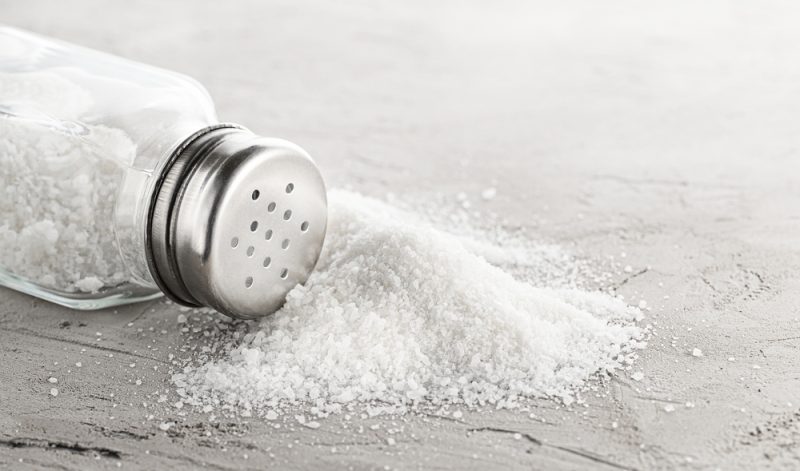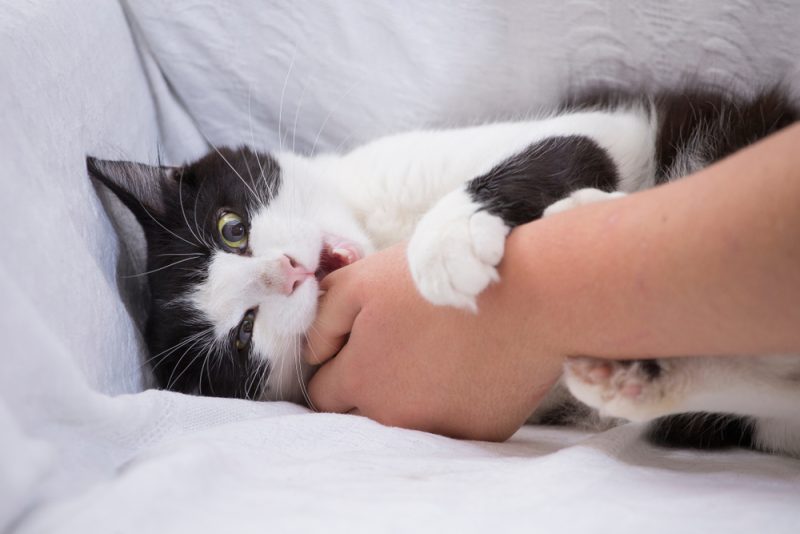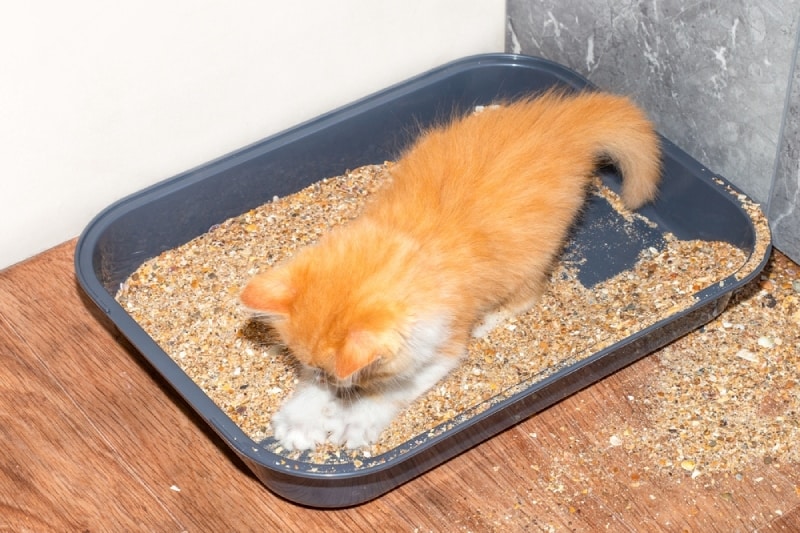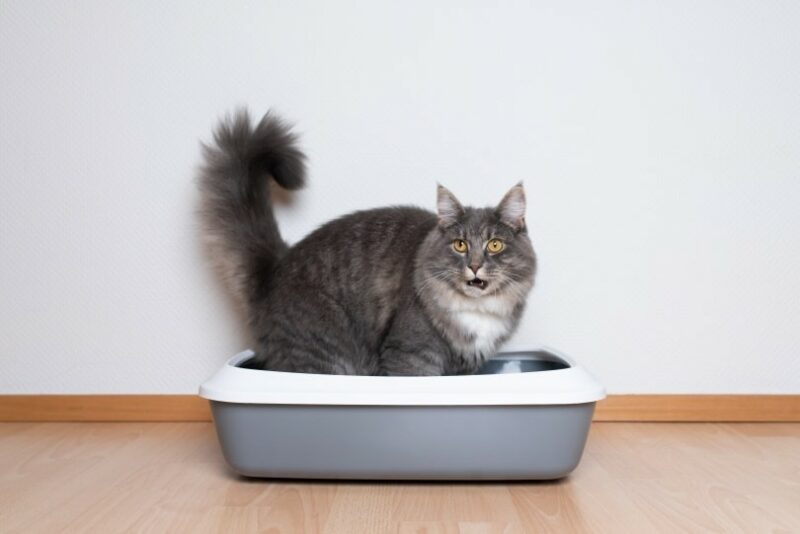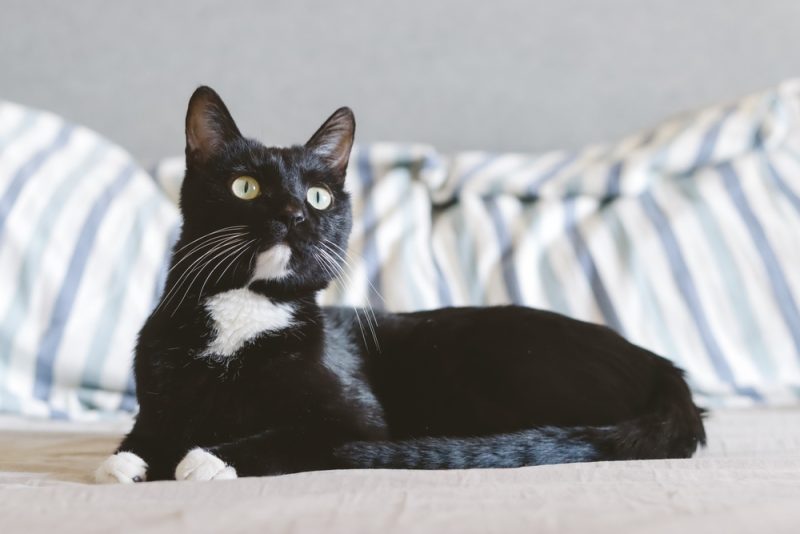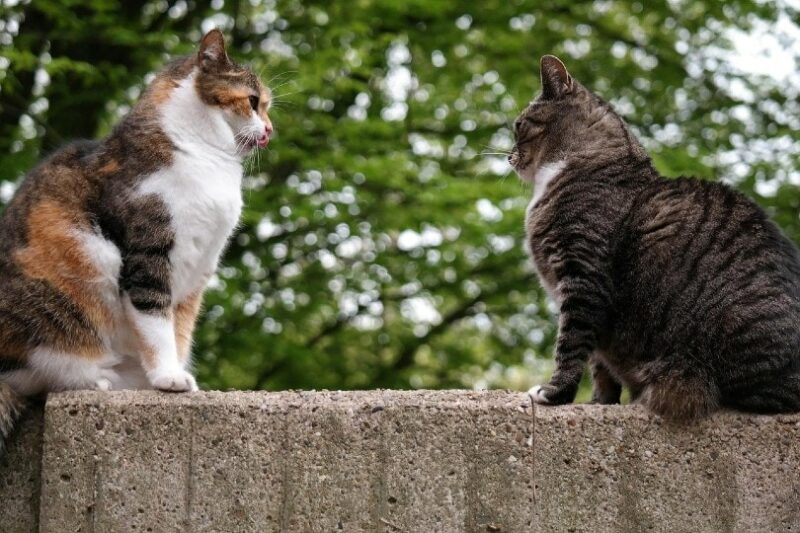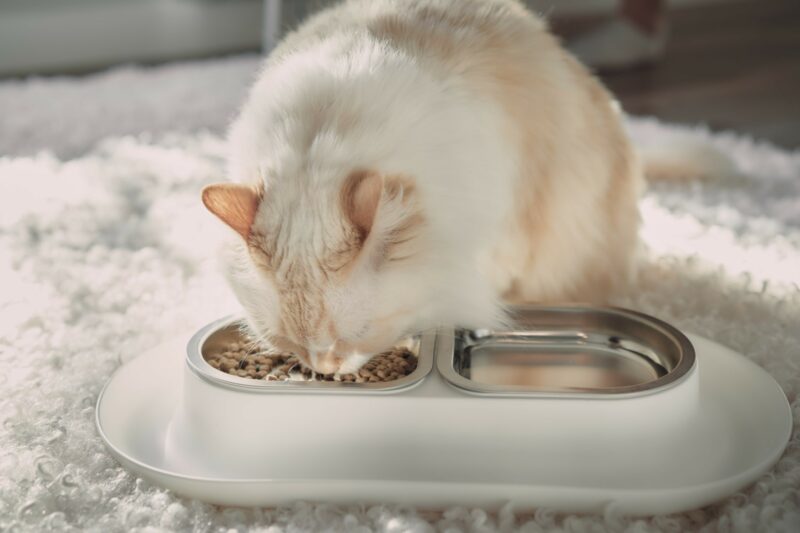A flea infestation can really ruin your week. Not only are fleas a nuisance for your cat, but they can also be a nightmare to get rid of in your home. There are plenty of products to treat flea infestations, but they can include harsh chemicals you want to avoid and be costly.
You might be wondering about using salt instead. While salt kills adult fleas in the home, we wouldn’t recommend using it on your cat; it can irritate your cat’s skin if used directly. Salt can be toxic, even fatal, to cats if ingested in large enough quantities, so let’s take a closer look at how you can safely use salt to control a flea infestation.

Using Salt to Kill Fleas
Although you must not sprinkle salt directly on your cat, fleas don’t spend all their time on animals. You can get a separate treatment for your cat while you use salt to treat your interior. There are various treatment options for cats, and you can discuss which product is suitable for your pet with your vet.
Fleas also lay eggs on mammals, but the eggs do not stay in place. Instead, they’ll fall off and land around your home. When you’re trying to get rid of the flea infestation, you’ll need to target warm, dark spaces like the side of a couch, the corners of rooms, and thick carpets. Vacuuming the areas and immediately disposing of the vacuum bag or collection chamber will remove some of the eggs.
Salt will dehydrate these environments, and if it touches the fleas, it will also remove the moisture from their bodies. The challenge comes when the larvae create a cocoon, which will protect them for an unknown period, and they can stay in this state from a few days up to a year.
This means that the treatment will be ongoing, and you’ll have to use salt around your home periodically to kill newly hatched fleas. Although salt can kill the adults, a severe infestation requires professional assistance.
If you’re unsure about the right method or medication for treating your cat, you should consult your vet, especially if your pet has an underlying health condition.
If you need to speak with a vet but can't get to one, head over to PangoVet. It's an online service where you can talk to a vet online and get the advice you need for your pet — all at an affordable price!


How to Ensure the Salt Is Effective
You can use household salt and follow these simple instructions to make sure you have the best chance of getting rid of the pesky fleas:
- Grind your salt into a fine powder to increase your chances that a flea will make contact with it.
- Target areas with the salt, like upholstered furniture, cat beds, cat trees, and carpets, where you think the fleas will likely be. Make sure you don’t forget your cat’s bedding.
- Don’t sprinkle the salt and leave it; stir it with a brush so it sinks deep into the material and doesn’t just sit on the top fibers.
- Don’t let your cat into the area while the salt is out.
- It’s recommended that you leave the salt for 12–48 hours, after which you must vacuum it.
- Repeat this process in 7–10 days and repeat as needed.

Is This Treatment Safe for My Cat?
This treatment can be safe as long as you are careful and follow these simple rules:
- Never put salt directly on your cat
- Keep your cat away from any areas being treated until you have vacuumed up the salt
Cats aren’t typically known for eating salt, but some cats enjoy licking salt, or it can easily get onto their fur or paws, where they will lick it off. Excessive salt is toxic to cats. Cats receive enough sodium in their diets if they consume well-balanced cat food; adding salt to their food or treats is unnecessary.
These signs indicate your cat has ingested too much salt:
- Decreased appetite
- Diarrhea
- Excessive thirst/urination
- Incoordination
- Lethargy
- Vomiting
In critical cases, cats can experience seizures, tremors, comas, and death.

Final Thoughts
Salt can kill fleas, but it can also harm cats if used incorrectly. Instead, discuss suitable treatments for your cat with your vet. Preventative treatments like Frontline and Advantage can protect your cat for several months while you treat your home for fleas.
Although salt can kill adult fleas, it can’t kill the eggs or larvae, and for a severe infestation, you’ll need to enlist a professional pest control service to eliminate the fleas. Fleas have a complicated life cycle, which can be tricky to eliminate, so finding a suitable, safe treatment plan that works for you is crucial.
Salt may do in a pinch, but there are far more safe and effective ways to deal with fleas.
Related Read:
- Epsom Salt Bath for Fleas on Cats: Is It Effective? Vet Approved Facts & FAQ
- Does Lavender Oil Kill Fleas on Cats? Vet Approved Facts & FAQ
Featured Image Credit: Soho A Studio, Shutterstock
